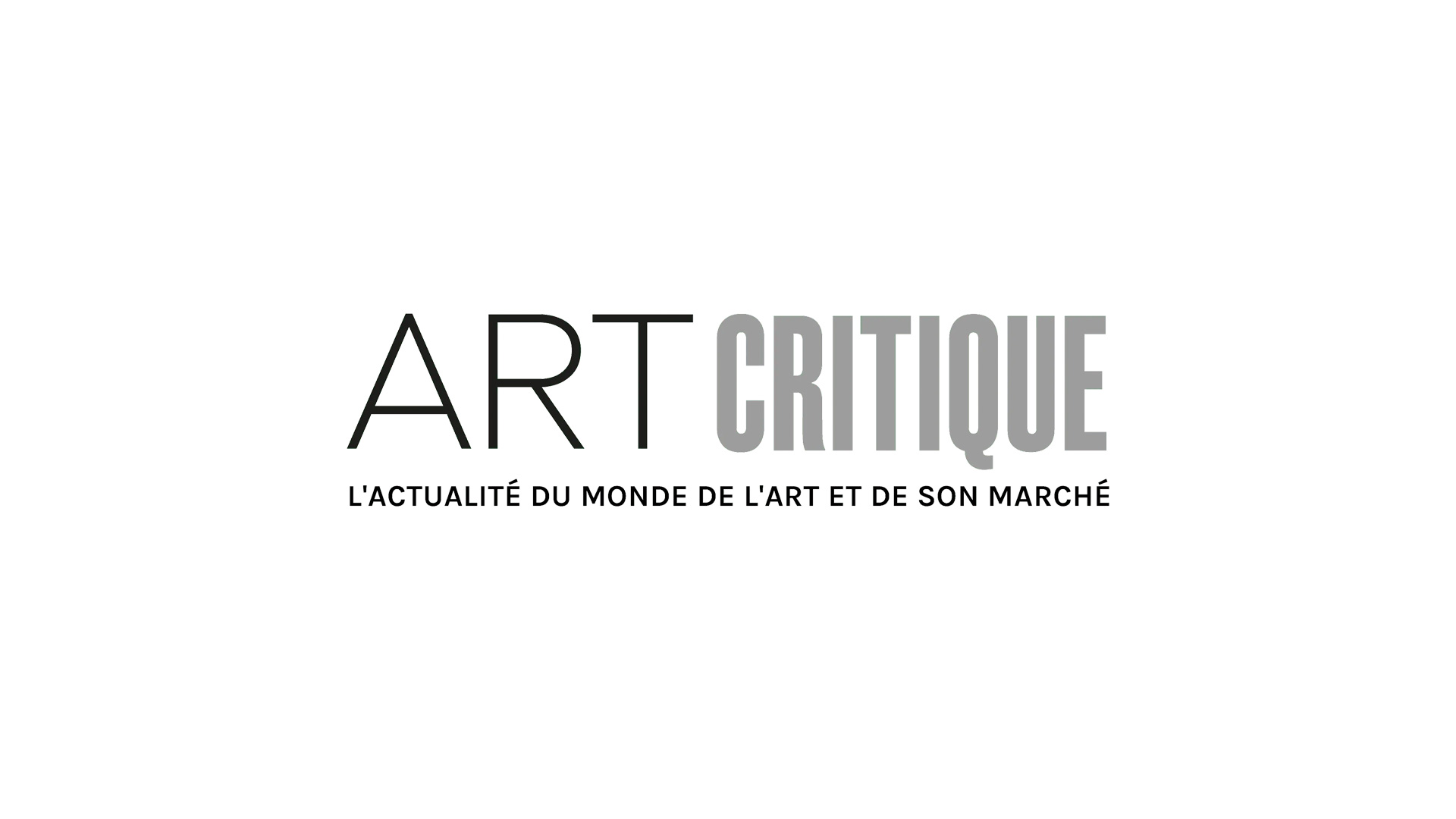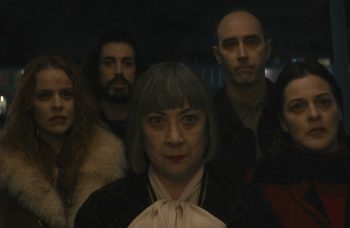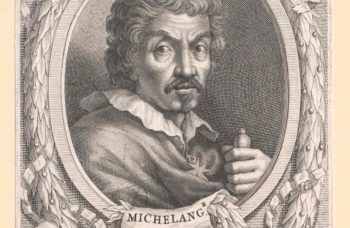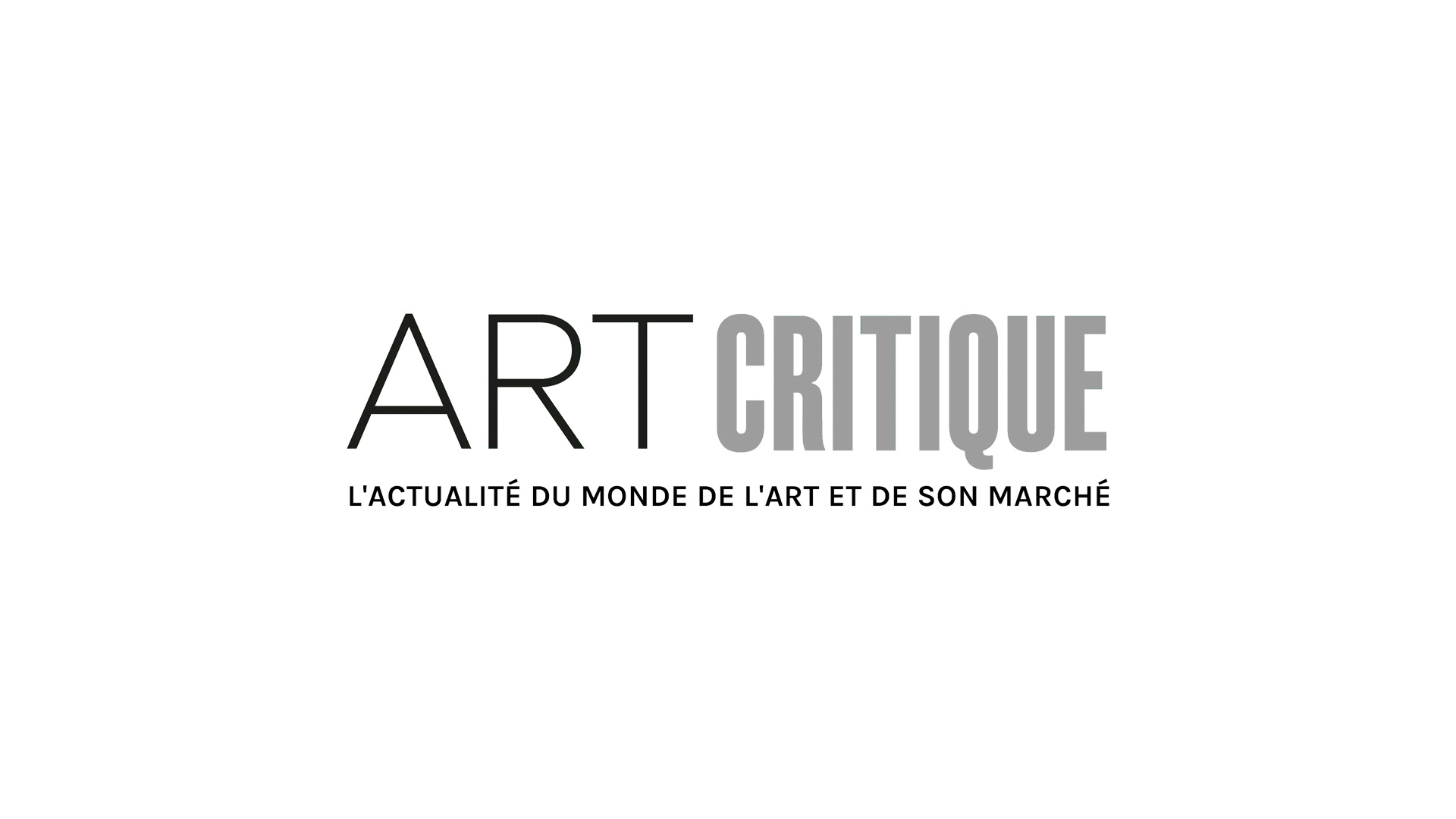On Monday, 5 November, the D.C. Commission on the Arts and Humanities (DCCAH) applied an amendment to the grants that were already approved for recipients. The sweeping language of the adjustment stated that works considered to be ‘lewd, lascivious, vulgar, overtly political, and/or excessively violent’ were to be avoided.
The act of censorship sparked protests and outcry among the D.C. art community as well as those watching from outside of the area. The amendment meant that if artists and organizations disobeyed the amendment they could be at risk of losing funds already awarded. Moreover, the DCCAH will be the discretionary body determining what is ‘lewd, lascivious, vulgar, overtly political, and/or excessively violent.’ The DCCAH provided grants and funding for many organization in the D.C. area.
While it is still unclear as to what encouraged the amendment, it was rescinded just days after it was enacted after pressure from artists and organizations, like the National Coalition Against Censorship (NCAC). The amendment was signed off on by interim executive director of the DCCAH, Angie Gates. It is also unclear as to if DCCAH commissioners were aware of the amendment before it was put into action.
The DCCAH’s short-lived amendment was reminiscent of the National Endowment for the Arts’ (NEA) 1989 appropriations bill known as the Helms Amendment which kept funds provided by the NEA from being used to produce ‘obscene’ materials. The 1989 decision was ruled to be ‘unconstitutionally vague and chilling the exercise of First Amendment rights.’
The DCCAH’s recent announcement, though, went further that the Helms Amendment as it worked to ban a larger range of topics and issues to include all political expression. If the amendment was kept, it would have required that grantees censor themselves so that their viewpoints would not rub against the requirements of the subjective views of the DCCAH.
David Grosso, At-Large Council-member of D.C. told City Paper ‘These limitations are in direct conflict with the right to freedom of expression and the very definition of art.’ On Thursday, 8 November, DCCAH reversed their amendment by sending grantees a letter stating the decision was an ‘over-correction’ and it was then officially redacted.
Announced just a day before critical U.S. midterm elections and amidst polarizing opinions concerning politics, the call for censorship struck a chord. Though the retraction of the amendment smooths over initial reactions, the questions it raised persist. The potential for such censorship does not bode well for organizations like the DCCAH. It also makes room for grantees depending on funding by the DCCAH to continue in a more cautious manner.





